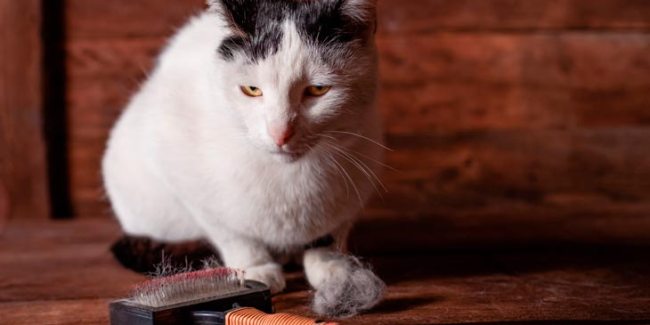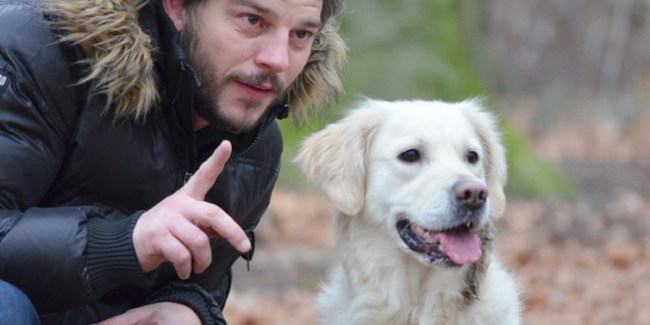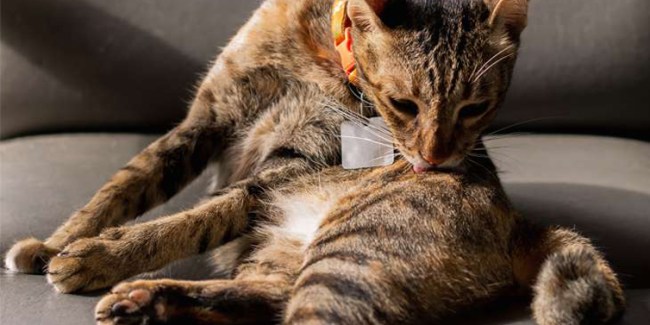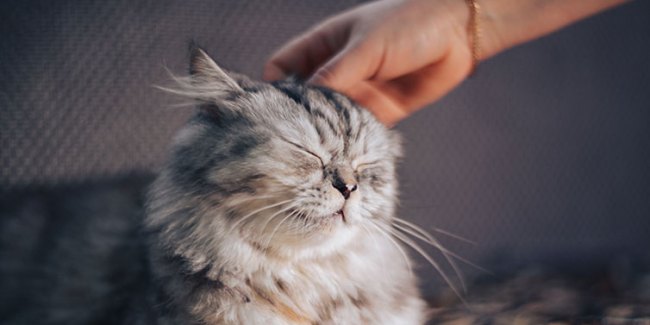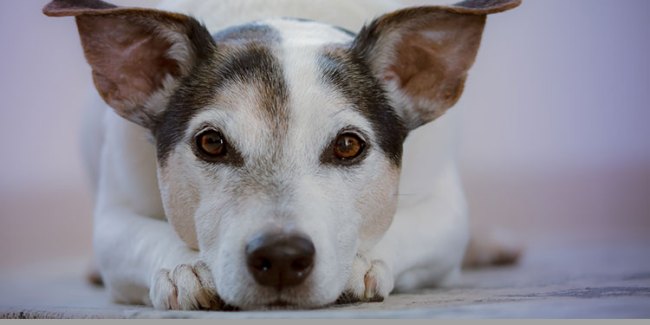Don’t Leave Me!
Is there anything more exciting than the thought of going on holiday? The planning, the perfect destination, the passports and visas, the itinerary, the accommodation, the journey…
You’re going half-way round the world on a business trip, which is a wonderful opportunity for you to impress the boss and to experience the attractions of an exciting foreign country and a new culture… But if you have animals, you obviously have some decisions to make. They are amongst your most precious possessions and obviously you want to make the best decisions regarding their care while you’re away. You will obviously have many questions.
DOGS / CATS
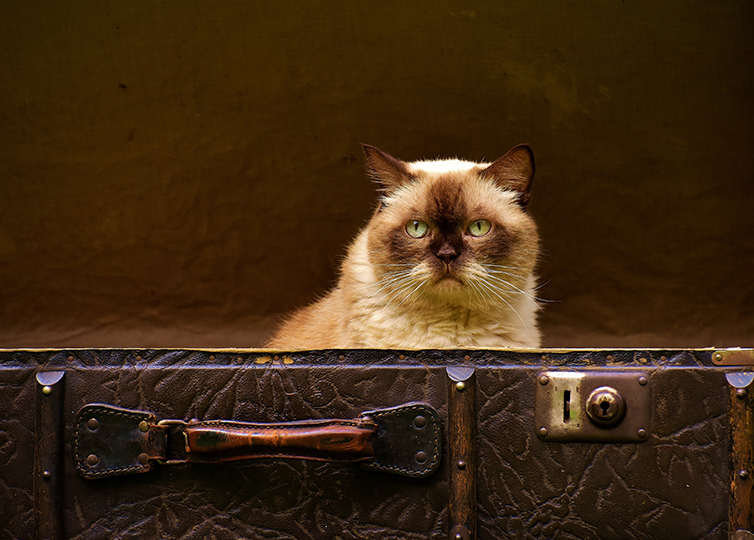
What are my options?
Are boarding kennels better than getting a pet sitter?
How do I choose boarding kennels?
Will my dog and/or cat have a total nervous breakdown in a boarding facility?
What’s it going to cost?
Is there a lot of paperwork involved?
What if my dog/cat catches an infectious disease in the kennels?
And perhaps, most of all: Will my animals be happy and safe?
Let’s be honest here. You are going on your well-earned holiday for rest and relaxation. You are going on your business trip because you have to accomplish a work-related goal. In both cases, you don’t want to be worrying unduly (There will always be “What if…” moments…) about your pets, whether goldfish or Dogzilla.
So, you need to make informed choices and for that you need to do your research, so that you will be able to enjoy some peace-of-mind on your trip. Look, it’s always possible that your six-year-old son will set fire to the curtains in the hotel, but at least you’ll know that you did your best to ensure that your animals are safe and happy while you’re away.
Your Options
It basically boils down to two main options: pet sitting or pet boarding, which are very different. Pet sitting is when Rufus the Jack Russell, or Princess the Persian, stays home and someone comes in at regular intervals to feed them and walk Rufus, or you hire someone to stay in your house with your pet while you are gone. Pet boarding is of course when you send your pet to a boarding facility for them to care for your pet. You need to ask yourself some more questions:
Which would suit Rufus/Princess?
Which would give me more peace-of-mind?
How much will each cost? (A valid consideration.)
Pet Boarding
Again, you have a choice:
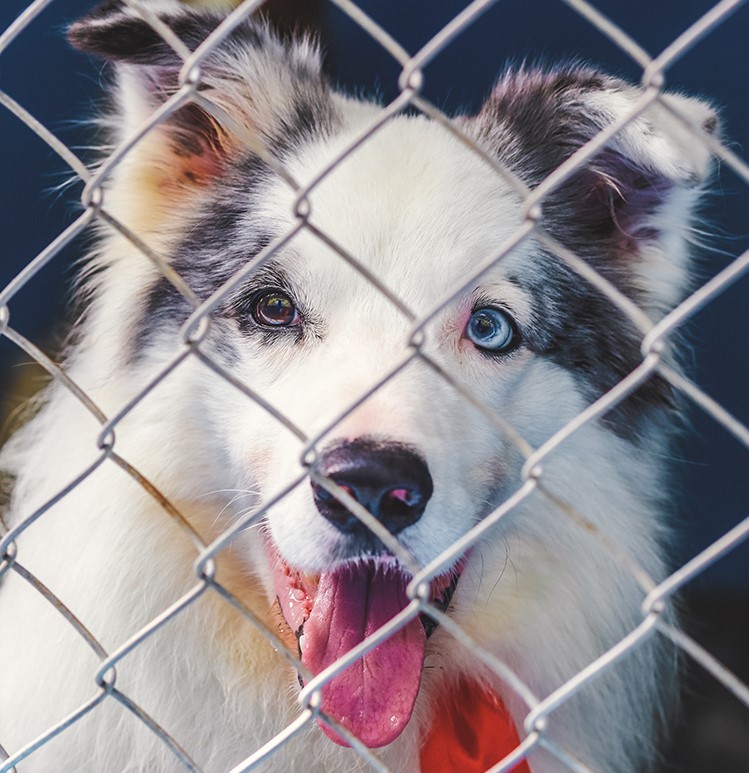
Boarding Kennels
Boarding kennels are licensed facilities, run by qualified people, who have been trained to deal with any problems that might arise. They can administer medications and they know when it may be necessary to call in a vet. They have to conform to various by-laws, depending on where they are situated, and are subject to inspections by the relevant authorities. Therefore, if you choose this option, you are likely to feel reassured that your pet will be well looked after, as long as the facility adheres to the by-laws. If they do not, they can be closed down.
Rufus will also have the opportunity to socialise with other dogs, especially when the staff take them out for walks. Mixing with other dogs, going for walkies and sniffing other dogs’ ‘calling cards’, may take his mind off the fact that you don’t seem to be around. Remember that dogs are naturally social, with some exceptions, of course.
Cats are usually sent to a ‘cattery’, which is run on similar lines to the kennels, except that cats can be roamers, climbers and escape artists, necessitating keeping them confined to cages of various sorts. Being more solitary in nature than dogs, this tends to suit most cats. Many catteries do not allow cats to come into contact with each other. There are some enterprising cattery owners who provide the cats, who want it, the opportunity to climb in large, outdoor wire enclosures and mix with other cats. This, of course, will depend on the cats, who need to be carefully selected. Princess would probably be delighted to show off her groomed Persian fur to the other girls. Catzilla, on the other hand….
However, some pets do not mix well with others, but generally the staff are used to this and will ensure that your dog or cat is kept separately. Another problem which might arise is that Rufus or Princess may catch an illness from other animals. Registered boarding kennels are obliged to ensure that all residents have been vaccinated against certain serious diseases and are protected against fleas and ticks. And, of course, there are those pets who simply cannot tolerate the kennels/cattery and become very stressed. Don’t worry – there are other options.
What to look for:
First of all, let’s have a look at how our animals in kennels are protected:
The Law
It is reassuring to know that there are by-laws governing the keeping of animals, particularly a large number, in South Africa. (openbylaws.org.za Johannesburg). The owner of any kennels must have a permit (section 134 of public health by-laws) and written proof that all dogs have been vaccinated against canine distemper, hepatitis, kennel cough and parvovirus. In the case of cats, they must be vaccinated against cat flu and feline respiratory diseases. Additionally, there are more specific rules, which state that that the premises and all bedding etc must be kept clean and sanitary, free from grime, waste, faeces, offensive odours and pests. Animals should be free from ticks, worms and fleas. The main animal welfare legislation in South Africa: The Animal Protection Act no. 71 of 1962, prohibits any cruelty to and neglect of animals. Any kennels, or cattery, which does not adhere to these requirements should be reported to the police, who will take it further.
How to find a quality dog and cat boarding facility
1. Visit the facility
You are within your rights to go and visit any kennels or cattery, to check it out. Recommendations from friends, Facebook or your vet, are a good start. Let’s be honest here: not all kennels are created equal, so it’s important to have a good look around. Any owner or manager of a quality facility should be glad to give you a tour and answer any questions you may have. If they’re not…get out of there. Another suggestion is, don’t phone them in advance; just pitch up. That way they won’t have any time to titivate the place and give you the wrong impression. You could, of course, take your dog (Cat? Not so much.) to see how he/she feels about the place.
When you arrive, take a good look around:
Do you get the impression that the place is cared-for? It is more likely that the owner/manager will care for your pet if they care for their premises.
Does it look clean and well-maintained?
Do you feel welcome?
2. Check certifications
These may be displayed on the wall but if not and if you feel a little embarrassed, you could say something like this: ‘ I’m very new at this, but apparently I’m supposed to ask about your permit/certifications?’ Make it into a question and the manager/owner will be happy to oblige. There should also be at least one member of their staff who has a relevant qualification in animal husbandry, including animal first aid. Check the dates on all permits/certificates to make sure they are up-to-date. Again, any reluctance on their part to show you any certification, is a signal for you to exit, stage left.
3. Vaccinations
We pointed out earlier what the law requires in terms of vaccinations before any animal is accepted into any kennel. There is a very real danger of animals picking up contagious diseases, like kennel cough, in such a facility, which is not the fault of the kennels, as long as they have ensured that all animals have been vaccinated. The vaccine for kennel cough is no guarantee that your pet will not contract this illness, but the symptoms should be less severe. Ask if, on their application form, pet parents are required to confirm that their animals have been vaccinated and to produce the vet’s certificate. Simply putting up a notice to say that such vaccinations are ‘advised’, is not enough. There is, of course, no guarantee that your pet will not get sick while in the kennels, but every facility is required by law not to accept pets who are not vaccinated.
Nobivac® KC is the only intranasal vaccine available and is provides immunity within 48-72 hours.
4. Cleanliness and maintenance
On your tour, look carefully around all areas of the kennels to ensure that:
* you get an overall impression of a well-cared-for facility;
* the kennels/cages that your pet will be in, are clean, well-maintained and big enough for your pet;
*there are no awful smells; This is a difficult ‘condition’ to maintain by the owner; these are kennels, with dogs who have to ‘go potty’, which smells foul to us. But the staff should constantly keep an eye (or nose) out and clean-up any messes reasonably quickly. The facility should also be well-ventilated.
* any bedding/blankets and food bowls look clean and are in good condition;
In addition, with regard to catteries:
* Catteries should not smell foul because cats are civilised beings who – unlike dogs – take pains to cover up their pee and poo with the clean (hopefully) litter.
* Cats should be provided with their own, individual cat tray with litter which is cleaned/changed daily.
* If there is an outside ‘Catio’, check that there is provision for each cat to ‘escape’ to its own private place: small cages or boxes.
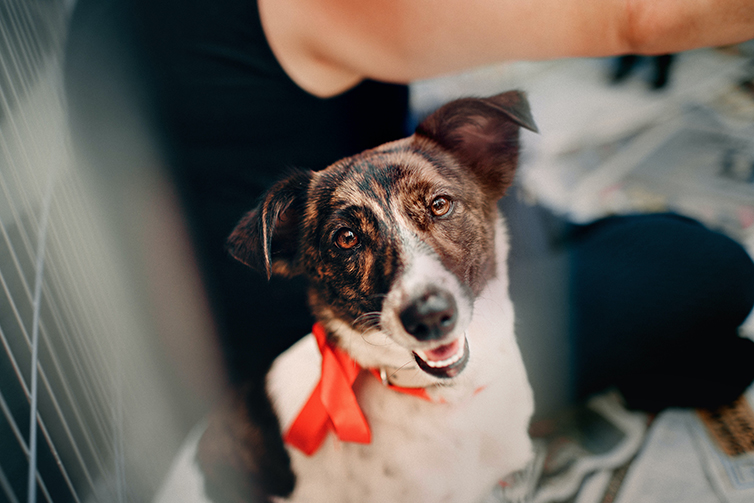
5. Comfort and warmth
Most kennels will have concrete floors, which are easy to clean. However, they are cold and hard and very uncomfortable to sleep on. Every dog should have access to a kennel, raised up off the floor, with warm blankets and bedding. You could of course bring Rufus’s ‘blankie’ and Princess’s little bed from home. These should make them feel more at home.
6. The Staff
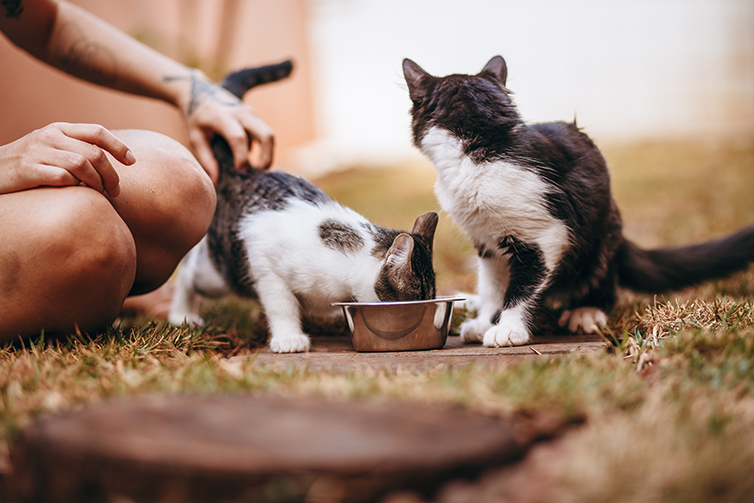
The owner/manager should ensure that the staff are well-trained, including how to interact with the pets and with you. Surreptitiously, if possible, watch how they treat the animals. Pet parents all know when a person genuinely loves the ‘furries’. Do the staff seem happy? This sounds like a crazy question, but people who love their jobs are usually happy, motivated and conscientious. If they love the animals in their care …. a big bonus.
7. Safety and Security
Have a look for security measures in the facility e.g. CCTV, sturdy fences around the property, electric fences, security guards, armed response and so on. Ask about what happens at night. Who stays with the animals? What happens if there is an emergency and an animal is sick? These are horrible thoughts, and the likelihood of anything happening is slim, but you need to ask the questions.
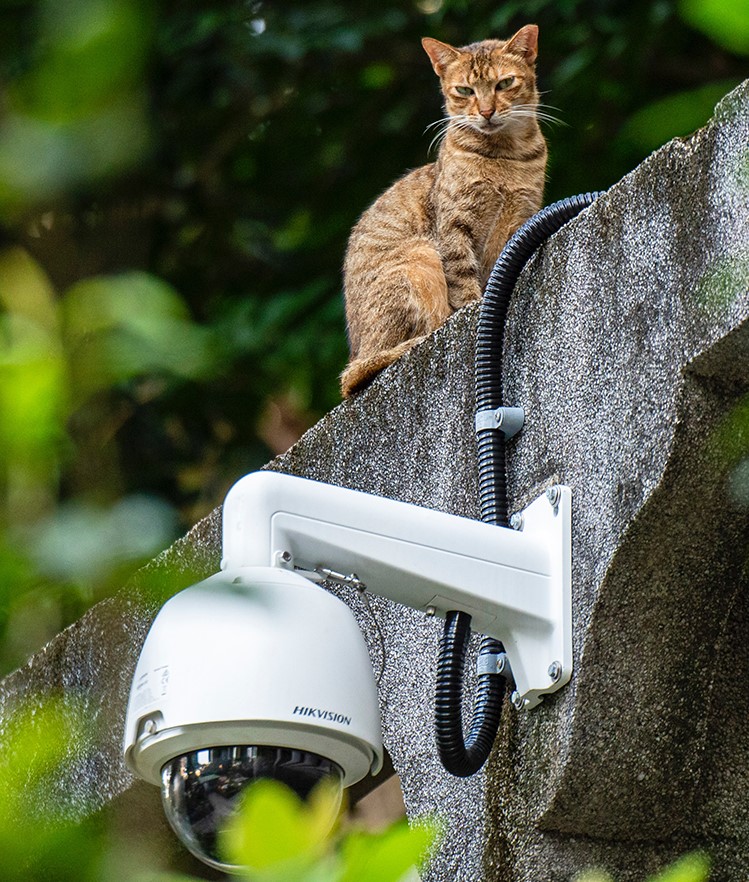
8. Exercise
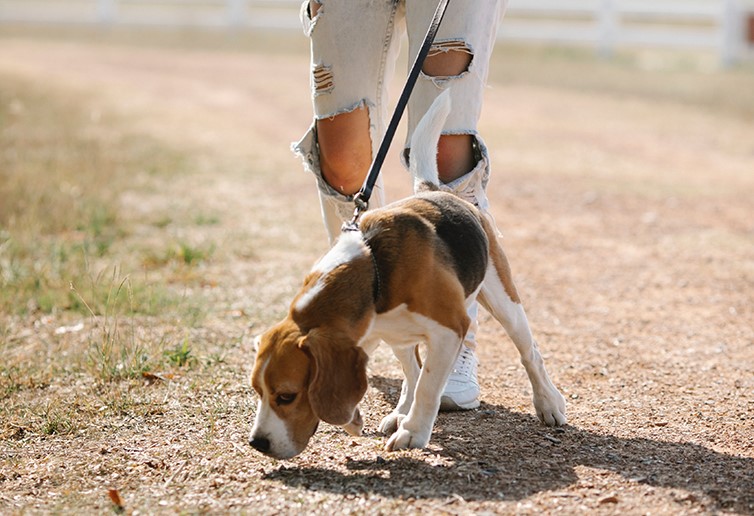
All dogs should have access to an enclosed, outside ‘run’, whether attached to their sleeping quarters or not. Ask about arrangements for ‘walkies’. All dogs in confined (of necessity) living spaces should be taken for a walk once or twice, if possible, per day. This contributes to their physical and mental well-being, particularly if they are stressed about being in a new environment, without you.
Pet Sitting
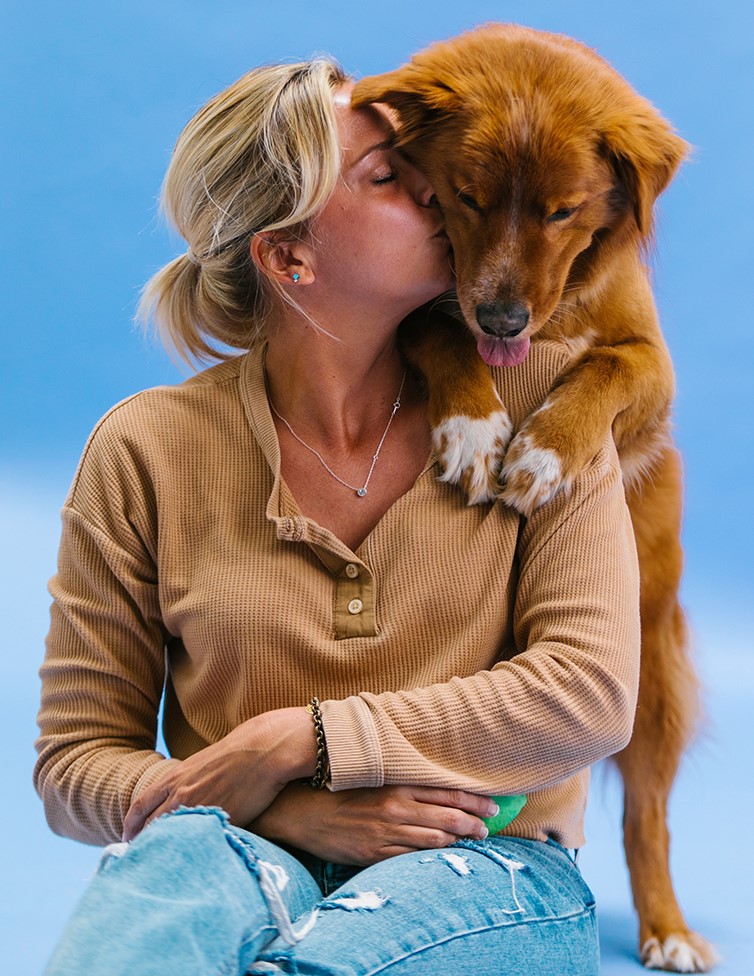
Pet sitters, hired by you, may either just pop in a couple of times a day, feed the animals, play with kitty and take Rufus for a walk, or he/she may stay in your house for the length of time you are away. There are plenty of students wanting to earn some money, pensioners and professional dog/cat sitters and walkers. In fact, if you provide lots of food – especially pizzas – many students will pet-sit for a nominal fee, as long as you’ve got Netflix. Obviously, the cost of engaging the services of a pet sitter will vary immensely. A professional pet sitter, with presumably some qualifications, will obviously cost a lot more than your niece who loves your animals and is happy with a few bucks for airtime, or Ouma who lives in a flat and is thrilled to enjoy the comforts of your bigger home.
The big advantage here is, of course, Rufus and Princess can stay in their own home, where they are safe and secure in a familiar environment. They cannot pick up any infectious diseases from other animals, unless Princess brings home a dead, rotting mouse or Rufus sticks his nose into something foul, containing flesh-eating bacteria (Only kidding!) on one of his walks. Your sitter can be given precise instructions regarding your pet, which, since she/he only has one or two to cater for, is very likely to carry out your wishes, e.g. smoked salmon carpaccio for Princess.
We know what you are saying to yourself: ‘How do I know that I can trust a sitter?’ You will have to determine this for yourself. (We’ll help you with this later.) You certainly don’t want to get a phone call from your neighbours at 2.00am about the wild party going on in your house. (And it was Ouma.)
Your house will not be empty while you are away. This is a very important advantage of having a house sitter, as long as you ensure that your house is safe for the sitter and that he/she understands how to operate your safety devices.
In-Home Pet Boarding
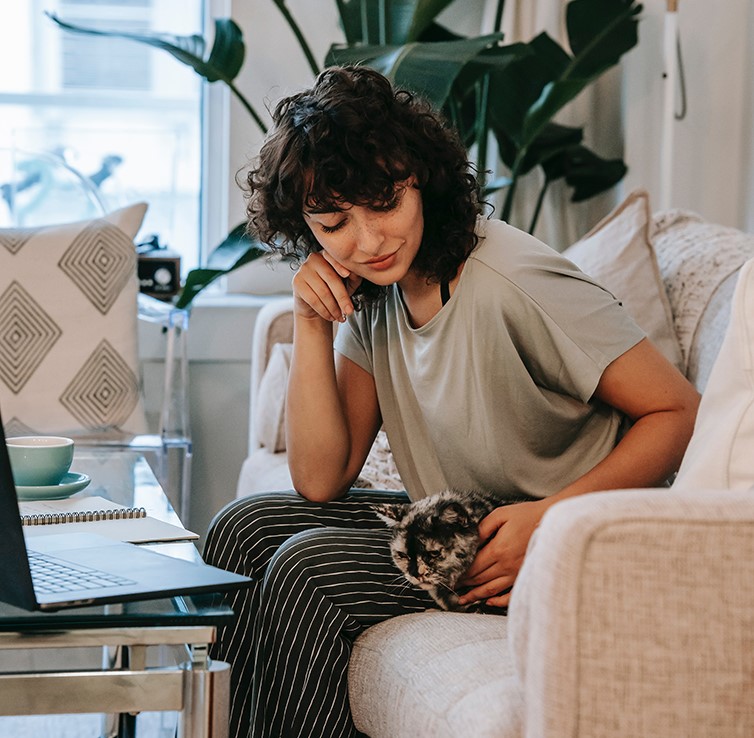
What about taking your pet to a pet-sitter’s home while you’re away? This again will depend on the temperament of your pet: some are much happier in their own homes, while others may enjoy staying in a new place, with possibly other dogs around and a sitter on hand. This may be in the home of a professional dog sitter (who should have a permit to keep over a certain number of dogs/cats in his/her home), or in the home of a friend or a member of your family. If your dog or cat knows the person, this is obviously a bonus. As previously mentioned, it is up to you to decide whether or not you can trust this person with your precious animals, whether stranger, friend or family. Of concern here is of course that many cats are free to go outdoors in their own homes. In another home, Munchkin may get lost if she gets out. These are all considerations that you need to think about.
OR…You could take them with you!
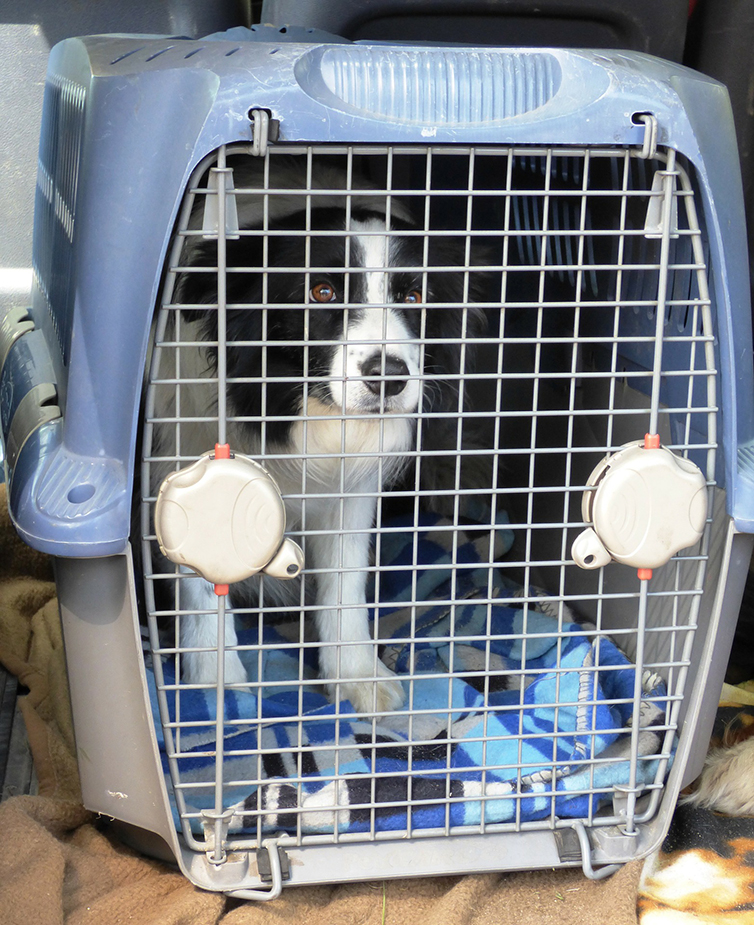
Now, before you flip out, bear in mind that the choice of this option very much depends on the kind of holiday you have chosen and the kind of pet you’ve got. If you are camping, for example, Rufus will probably relish a run in the woods or on the beach, as long as dogs are allowed there. Pampered Princess … maybe not so much. It would have to be a very placid cat that would accept being in a box for hours. Many hotels and B&B’s are now pet-friendly and if your dog(s) doesn’t mind sitting in the car for a long journey, then this might be an option. Airlines have special arrangements for pets who usually have to travel in a carrier in the cabin or in a special, warm place in the hold in a specified container. Again, this would depend on the temperament and stress levels of your pet. Your vet can provide tranquilisers but there is no guarantee that your dog/cat won’t be stressed. You have to weigh up the joys of having Rufus with you at the coast with the possible trauma he/she may suffer from travelling in a plane.
Preparing Pets for Separation
In all likelihood, it will be you who needs to prepare yourself for separation from Rufus and/or Princess. However, the reality is that your pets may be anxious and stressed, particularly if this is the first time you have been away for any length of time.
Dealing with Stress (Your pet’s, not yours.)
The key here is: Preparation – Making the Unfamiliar, Familiar
Some pets suffer from separation anxiety, so in this case, you should consider hiring a pet sitter, which is less stressful as your pet will be in familiar surroundings with his own kennel/bed/couch. Some pets are naturally anxious, so you need to address this. Don’t worry, you can still go on your holiday, but you need to look for an option, like a pet sitter, which is less stressful. You should ensure that your pooch/kitty has met the sitter and has a good relationship with him/her.
If you prefer a boarding kennel, perhaps you could do something similar by taking Rufus or Princess for a couple of short visits. The point is, the unfamiliar is scary, for all of us. If you make it familiar, everyone involved will be less anxious, including you. Ideally, you could take steps to deal with separation anxiety issues well before the time. Animal behaviourists can assist with this, or you could speak to your vet. If you are boarding your pet, make sure that the staff are aware of the fact that Rufus is a Nervous Nellie.
When choosing your boarding kennel, bear your doggie’s temperament in mind. Some kennels are very big, others only take a few dogs. Rufus may be happier in a smaller facility.
Kennels are full of dogs (and cats), of all shapes, sizes and temperaments. It is important that dogs in particular are used to the company of other dogs, before their stay in Hounds Hotel. Take poochie to the park to get him/her used to other dogs, realise that they are not all vicious, and to behave in a friendly, non-aggressive way.
Dogs are less anxious when they’re able to socialise and get plenty of exercise. As mentioned before, ensure that the boarding facility provides for this.
Rufus and Princess will be spending a lot of time in a kennel/crate when boarding, particularly at night. Again, familiarity with this will reduce anxiety. You could practise crate training by getting them used to being in a crate for a couple of hours, well in advance of your departure. Try to be as calm and encouraging as possible and be careful that your pet does not get the impression that this is a punishment. Lots of small treats will help.
Speak to the kennels’ owner/manager about the food situation. Kennels may provide nutritious food but a change in diet can make your dog sick. Make arrangements to bring in Rufus’s own food. Ensure that you have provided more than enough for his stay and that it is well labelled. The familiar food will be more appealing to your pet.
Provide your pet sitter with very clear instructions regarding his/her duties, especially with regard to food and medication. Stick this on the fridge. It is also a good idea to Whatsapp or email these instructions to your sitter as notes can get lost. Obviously, you will also provide your vet’s contact numbers.
Ensure that you provide the kennels or pet sitter with enough of your pet’s medications for the length of his/her stay. Label these very carefully with dosage instructions.
Ensure that your pet’s vaccinations are all up-to-date, and that you have applied tick and flea prevention medication before you go. You can imagine that there will be lots of little nasties, even in the cleanest kennels, where there are many hairy, warm bodies to live on.
Don’t forget that Bravecto® Extended Protection provides up to 4 months protection against pests for dogs and 3 months for cats, depending on what product you choose.
And Finally:
You should try to avoid a long, drawn-out ‘good-bye’ process, particularly if you are inclined to cry hysterically on such occasions. Dogs and cats sense stress very easily. They do not understand the whole ‘good-bye’ process anyway. So give Rufus or Princess a quick kiss on the head and get out of there……
Oh, and by the way, have a great holiday or business trip!!
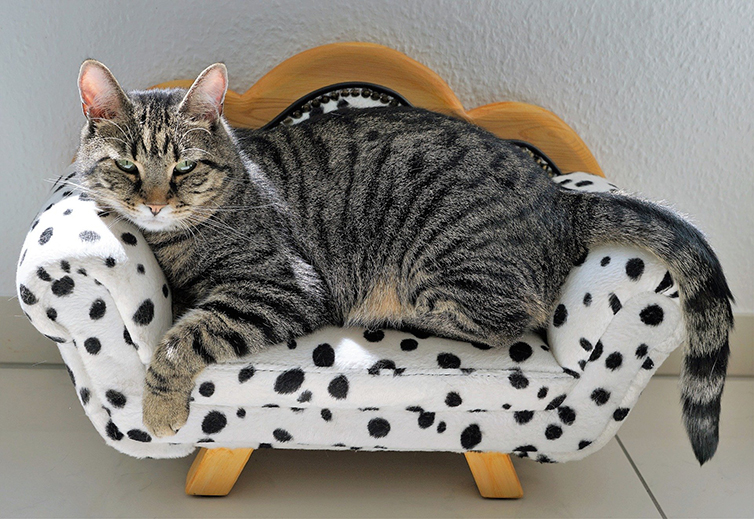
SOURCES:
the honest kitchen.com
pethelpful.com
openbylaws.co.za
ack.org
petmd.com
petbacker.com
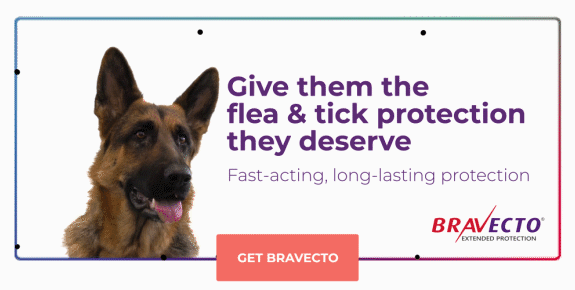
Subscribe to our Newsletter
Get to know your furry friend better! Sign up for all things dog- or cat-related.
The Hairy Facts about the dreaded hairball
12 April 2021
Help! My dog’s barking mad! Volume 2
12 April 2021
Your Itchy, Scratchy Cat – All About Cat Skin Problems
12 April 2021
The Dog’s Diet: A Bone of contention?
01 April 2021
Mango Fly Worms: How to Spot and Eliminate them
Posted on November 28,2019
Managing Mange And Mites In Your Dog
Posted on June 11,2018
Why Do Cats Purr and How? Learn What Your Cat Is Saying
Posted on October 14,2020
How to Get Rid of Ear Mites in Dogs
Posted on November 06,2019


